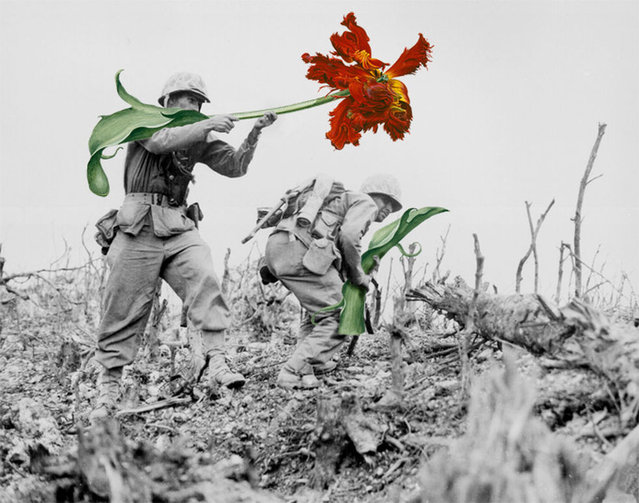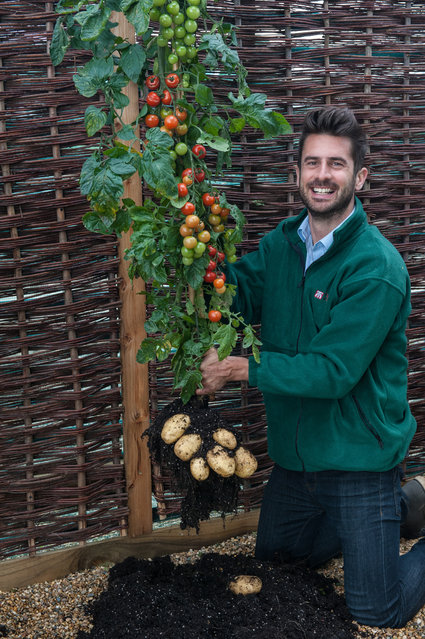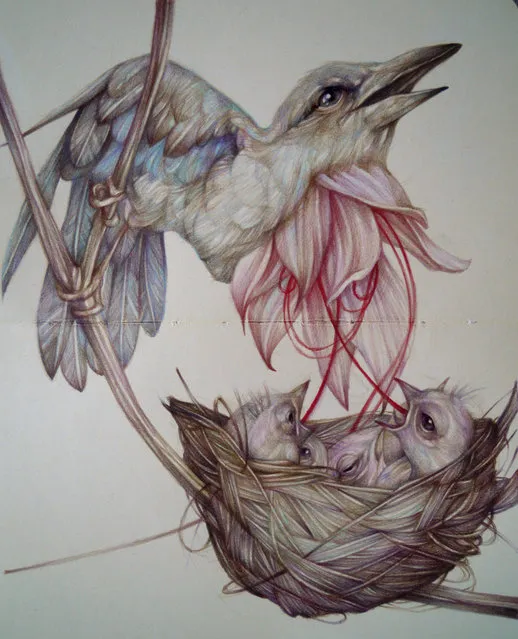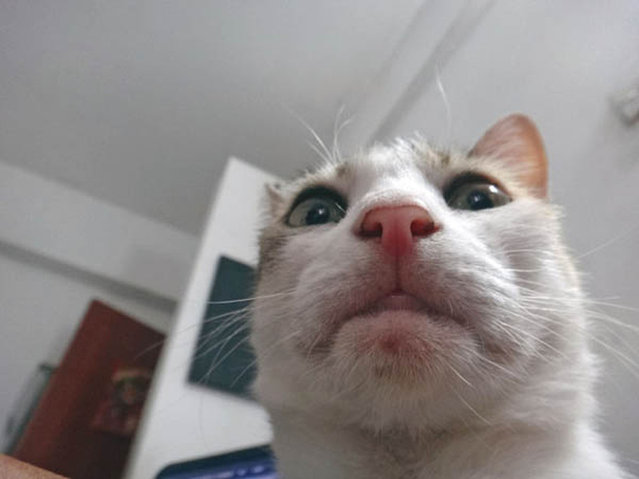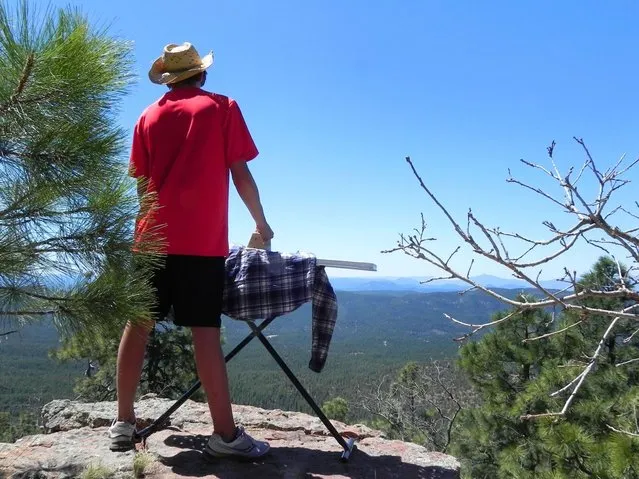
Elsa Rhae Pageler, otherwise known as just Elsa Rhae, has the unbelievable knack for transforming her beautiful face into something incredibly scary. Although she began her career in video editing, and still works as one to this day, she has become infamous for her amazing makeup transformations. She took a stage makeup class as an elective to graduate from her film degree in college and soon realized that it was a passion she didn’t even know she had at first.
27 Aug 2014 13:53:00,post received
0 comments


